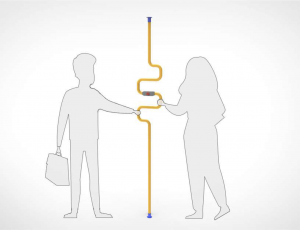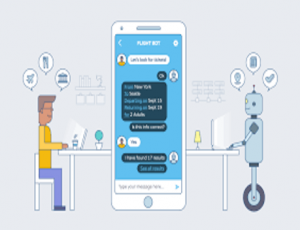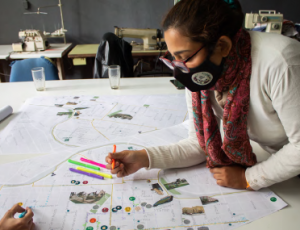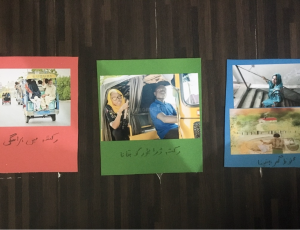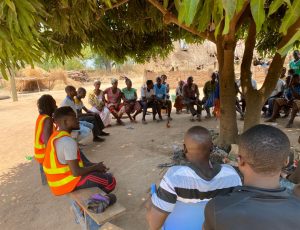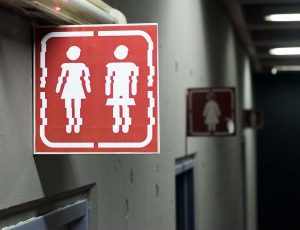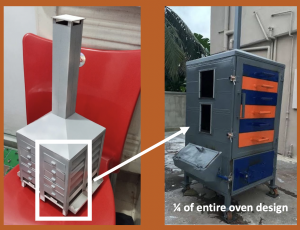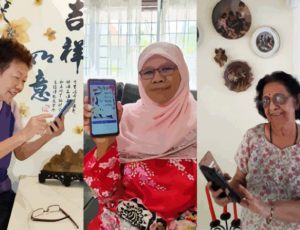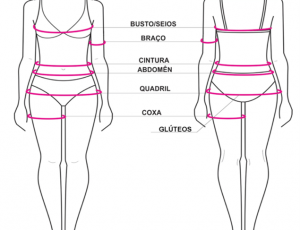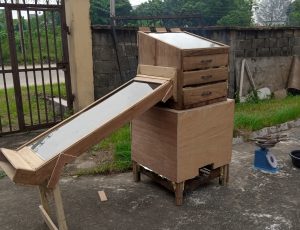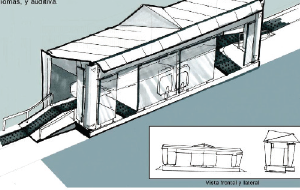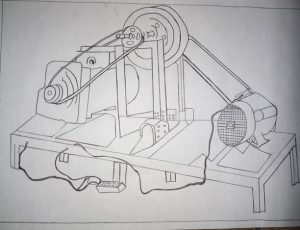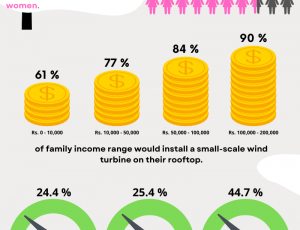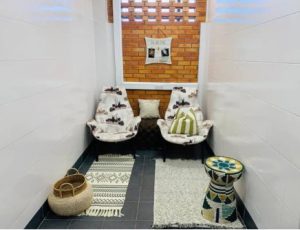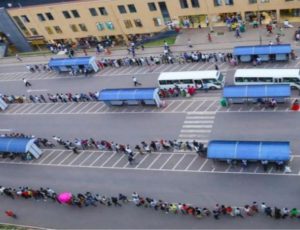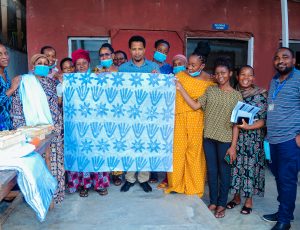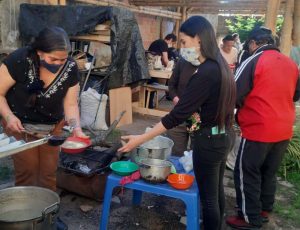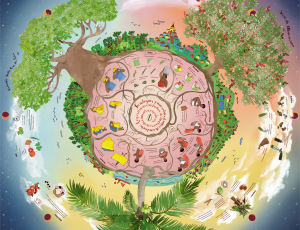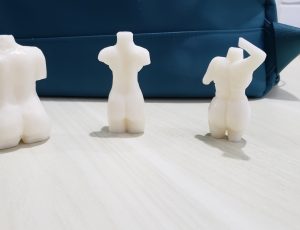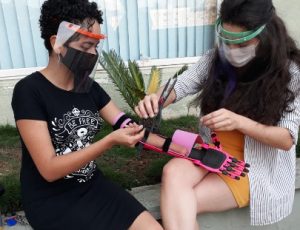Following three years of international collaboration, Carleton University and its partners marked the successful conclusion of the Gendered Design in STEAM (GDS) Program on Tuesday, Oct. 4, 2022 with a virtual summative closing event.
Launched in 2019, the GDS Program focused on investigating and advancing gendered design with scholars at institutions across the global souths through 20 grant-awarded projects. The program aimed to contribute to more inclusive technological designs in science, technology, engineering, the arts and math by building capacity in gendered design and innovations.
The GDS Program was led by principal investigators Prof. Bjarki Hallgrimsson of the School of Industrial Design and Prof. Dominique Marshall of the Department of History. Prof. Chiara Del Gaudio of the School of Industrial Design was the program’s investigator, with Kerry Grace serving as the program’s coordinator.
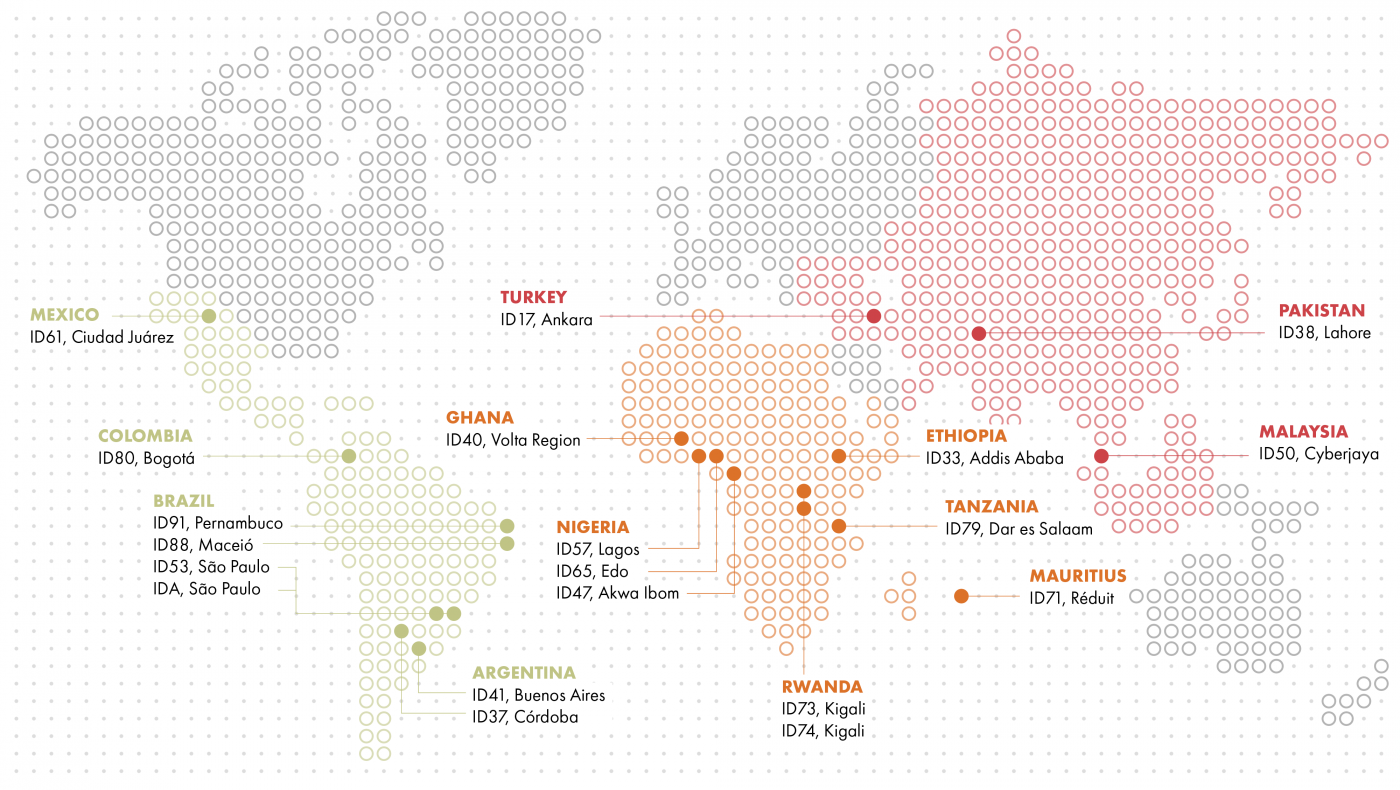
The GDS Program featured 20 grant-awarded projects spanning 13 countries,
The awarded scholars worked in a variety of STEAM fields with a common goal to identify and overcome gender bias and tackle issues especially affecting women in Lower-and-Middle-Income countries (LMIC). The scholars were encouraged to use participatory design in their research to bring diverse and critical perspectives to address gender issues by including the affected population (often women) directly in their project, reshaping how design challenges and solutions are addressed.
“It has been an awarding and humbling experience to work with the 20 projects spread out over the world,” says Hallgrimsson. “The enthusiasm shown by our colleagues in Africa, Latin America and Asia is clearly indicative of how important community-oriented STEAM work with a focus on Gender is.
“This project has not only mobilized a strong collaboration between academics and communities in the Northern and Southern hemispheres alone; it has created an opportunity for researchers across the Carleton campus to work together with a common goal and for students to do truly interdisciplinary work across four Faculties.”
The GDS Program, centrally managed and coordinated by Carleton University, was made possible by a $1.1 million grant from the International Development Research Centre (IDRC).
During the program’s first year, a call for expression of interest and proposal submission was executed. Program awards were then announced in September 2020, with Carleton centrally leading and coordinating a hub of activities to explore, build knowledge and advance gendered design thinking.
Activities for the awarded scholars included multi-day workshops that encouraged networking and collaborative discoveries, explored the interconnection between power, design and gender, and investigated the prototyping aspects of research projects – evolving the notion of what prototypes are and how they can be used. Information and knowledge sharing were enhanced with the release of a GDS Bulletin.
“We tried to keep the definitions of ‘gender’ and ‘design’ wide open from the start and watched how university colleagues handled these notions across disciplines and geographical areas, together with the extraordinary local communities with whom they partnered,” says Marshall.
The program was supported by 10 interdisciplinary experts, 15 Research Assistants, four RA Coordinators and a gender expert based at Carleton University, in collaboration with the expertise and knowledge of three Regional Experts for Africa, Asia and Latin America.
Despite delays and ongoing challenges from the COVID-19 pandemic, the GDS Program and its 20 project teams were able to adapt, learn and continue with research activities. Their achievements were celebrated at a closing event hosted from campus at Carleton with academic partners attending virtually. A series of short videos, created by RAs from Carleton, on each of the projects were watched together.
Learn more about the GDS Program and the funded research projects.
